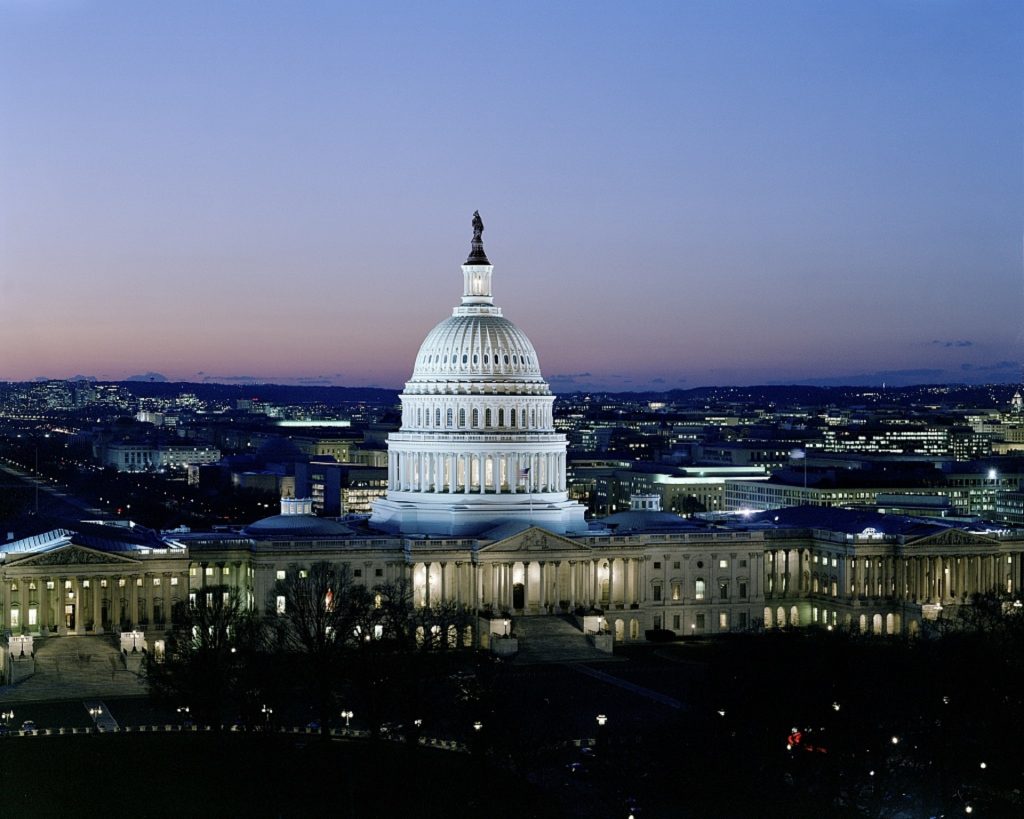
Today, the U.S. Senate passed a long-overdue infrastructure bill that includes a historic investment in broadband deployment, affordability, access, and equity. The $65 billion broadband section contains four sections to tackle broadband access and adoption problem.
Broadband Equity, Access, and Deployment Grant Program ($42.45 billion)
This provision creates a $42.45 billion matching grant program for states to fund deployment, mapping, and adoption projects for unserved and underserved locations. States would submit a five-year plan to NTIA, and projects would require a 25% match from either the state or the grant applicant. The minimum speed requirements for buildout in these areas is 100 Mbps download speeds and 20 Mbps upload speeds – a big improvement over today’s standards.
Middle Mile Broadband Infrastructure Funding ($1 billion)
The legislation also provides $1 billion for a smaller middle mile grant program. Middle mile is the part of the network between networks but not directly serving households – think long-haul fiber between states. This program requires a 30% match and includes technologies such as leased dark fiber, interoffice transport, backhaul, carrier-neutral internet exchange facilities, and wired or private wireless infrastructure. States like Colorado have had success with middle mile deployments that make it easier for last mile providers to then interconnect and deploy to households.
Digital Equity Act of 2021 ($1.3 billion)
Voqal has long supported the Digital Equity Act and is excited to see its inclusion in the infrastructure package. This program establishes three important programs. First, the bill creates a State Digital Equity Capacity Grant Program, which provides $60 million for planning grants to states to develop digital equity plans. Next, the bill creates a $650 million grant program to fund state digital equity plans and digital inclusion activities over a five-year period. The bill also establishes a Digital Equity Competitive Grant Program, making another $650 million available over five years for grants to a wide variety of public sector and nonprofit entities. Voqal project, Mobile Citizen has spent over a decade working to close digital equity gaps and is thrilled to see this congressional commitment to finally closing the digital divide.
Broadband Affordability ($14.2 billion)
In the December 2020 COVID-19 relief package (also known as the Consolidated Appropriations Act), Congress created the Emergency Broadband Benefit program. This $3.2 billion program provides low-income households and those who lost significant income due to COVID with a $50 per month subsidy for home broadband service. 4.1 million households have enrolled in this program since mid-May. The infrastructure package passed by the Senate renames this program the Affordable Connectivity Program, reduces the maximum benefit to $30 per month per household, and increases funding by $14.2 billion. Finally, the bill specifically requires the FCC to adopt rules barring “digital discrimination” – also known as “digital redlining.” The problem of digital redlining – service providers choosing not to invest in new technology in particular neighborhoods of a city – has been persistent for years, and primarily impacts people of color in major urban locations. Last winter, Voqal joined a group of nearly 40 organizations demanding the Biden Administration abolish digital redlining.
Now that the infrastructure bill passed the Senate, it moves on to the House to be debated and voted on when they return in September. Voqal supports this investment in our nation’s broadband infrastructure. We look forward to working with states and local partners to help close the digital divide in the years to come so that all Americans have equitable access to the internet.